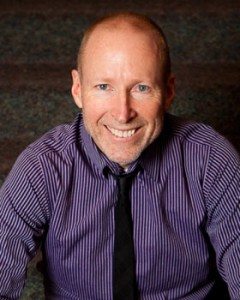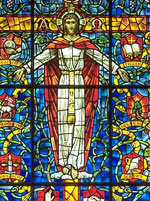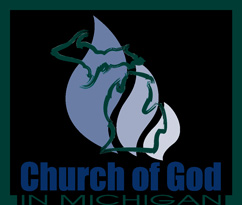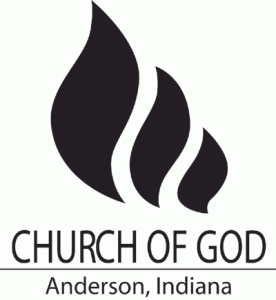At last week’s Global Gathering, a powerful thought captured my attention: as people of faith, we need each other to survive.

Pastor Jerry, Connie, and I had the privilege of meeting Sudipta Nanda, the church leader from northern India whose attendance at the Global Gathering our congregation helped to support. We met Brother Sudipta along with the pastors of our sister churches, Rev. Shannon New Spangler (Harvest Point Church of God, Lordstown, Ohio) and Rev. Jonathan Frymire (Orchard View Church of God, Grand Rapids, Michigan). Sudipta is a warm and compassionate man with a strong heart for Jesus Christ. He and his young family are committed to sharing the gospel among the millions of people in northern India. His presentation showed us many of the challenges he faces: other religions that are firmly entrenched in his region, social and community problems that oppress individuals and families, and physical needs that face everyone on a daily basis. As pastor of a congregation and overseer of over 700 others, Sudipta has a tremendous amount of work.
And yet, on many occasions, he expressed his gratitude to us for helping him to come to Anderson. This experience of gathering with other believers from around the world was a powerful, meaningful experience for Sudipta.
Personally speaking, this Global Gathering served an important purpose for me, as well. I was refreshed and renewed through rekindling relationships with some very dear friends of mine, including the two pastors mentioned above. We have always taken the opportunity to spend time together at this annual convention. Often, we have stayed up late into the night talking about important issues of life and ministry – and, to be very honest, simply having a lot of fun together, too.
But this year, I came away with another impression. I can imagine how vital it was for Sudipta to come to this Global Gathering; his ministry will surely benefit from his experiences. For me, I am learning that this kind of connection is indispensible; I would not be who I am today if I did not meet regularly with these important individuals who can speak truth and joy into my life. Going to Anderson is an annual spiritual pilgrimage, not for the location but for those whom I meet there.
Do you have meaningful relationships like these in your life? Are there people who help you make sense of life and without whom you would feel lost? How often do you get to see them, to be refreshed by them, and to be spiritual refreshment in their lives?
Are you fortunate enough to worship in the same congregation with any of those individuals? How important it is for the saints of God to come together each week for refreshment, nurture, and companionship!
Let us not give up meeting together, as some are in the habit of doing, but let us encourage one another–and all the more as you see the Day approaching. (Hebrews 10:25 NIV)









